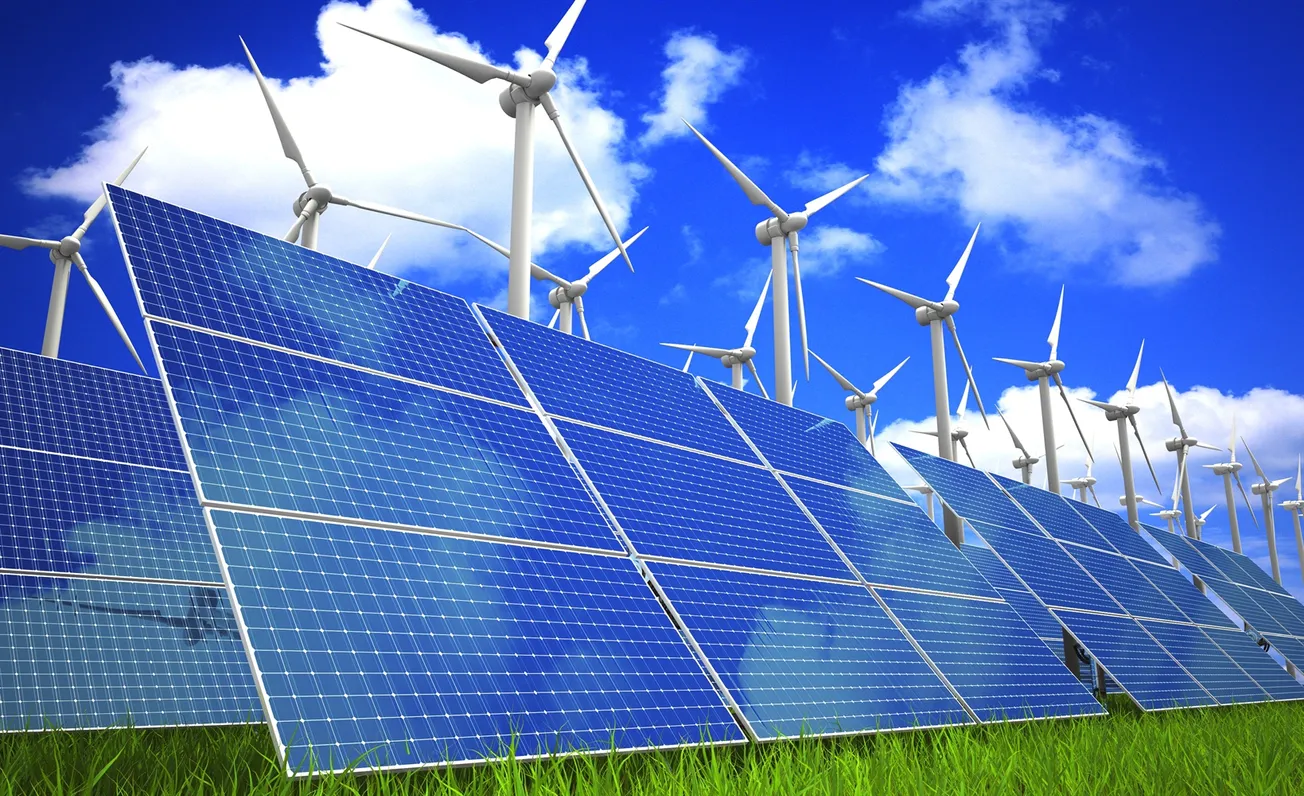Table of Contents
Stuart Smith
National MP
Kaikoura
ESG has been very popular in the corporate world: visit any medium to large business and you can be sure to hear about their ESG credentials. For those unfamiliar with the acronym it stands for Environment, Social and Governance. It is laudable that businesses should do what they can to reduce their impact on the environment, maintain their social licence to operate and have high standards of governance.
Unfortunately, it has at times become rather silly in this space with investment decisions based on ESG credentials in part leading to the current energy crisis in Europe. The EU, for example, made it very unattractive for investment in fossil fuels whilst subsidising renewable electricity generation. Business came on board, and this led to a distortion in the market where renewable energy businesses became dependent on government largesse. At the same time domestic fossil fuel projects languished and coal fired power plants were closed. Even gas fired generation, with half the CO2 emissions of coal, was starved of much needed investment, with good old ESG playing a significant role in these investment decisions.
This locked Europe into dependence on Russian gas, something they are now regretting and trying to unwind. The problem is that investment decisions in the energy sector have long time horizons. The move by the EU to reclassify natural gas and nuclear as ‘green’ investments will help, but is it enough? Although I doubt there has been a nuclear power plant delivered on time and on budget in the Western world, due to environmental policies. Along with the usual investment risks, businesses must weigh sovereign risk as well. That is that a change in the political environment could stymie the project altogether or simply make it uneconomic. While reclassifying their taxonomy to include natural gas and nuclear as green investments will help, investors will likely demand more.
Europeans are nervously watching the Nord Stream pipeline as they try to rebuild gas supplies for the coming winter. While the news has been dominated by high summer temperatures in the northern hemisphere, winter is coming, and gas supplies are low. The EU launched a ‘Save Gas for a Safe Winter’ campaign, which is a million miles from their energy stance of a couple of years ago.
I hope they can rebuild their gas supplies for winter, but it is a stark reminder of the realities of the energy sector. Fossil fuels deliver 80 per cent of the world’s energy and while we can and should lower our emissions, we must realise the magnitude of the challenge in doing so. This will not happen overnight; the world will still be reliant on fossil fuels in 2050. It will be less than 80 per cent, but it will not be zero.
We are fortunate in New Zealand that we have good hydro and geothermal resources, but we should learn the lessons from Europe, lest we make the same dangerous mistakes.









